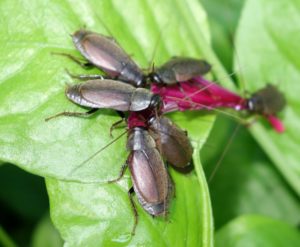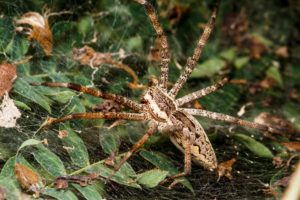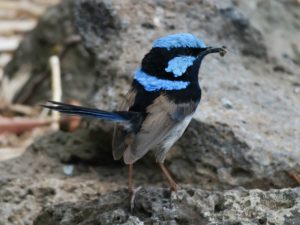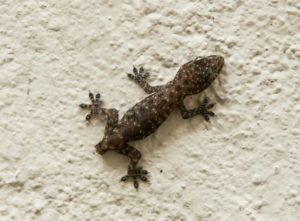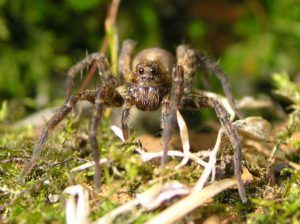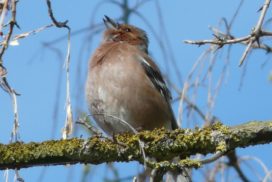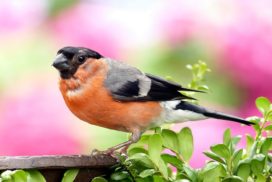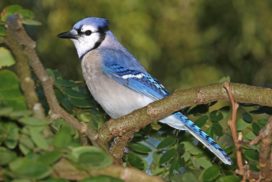ARE SOUNDS BIRDS MAKE MEANINGFUL TO OTHER BIRDS?
Scientists have observed that when a domestic fowl sees a ground predator, it makes a high pitched kuk, kuk, kuk sound to alert other fowls. In contrast, the domestic fowl emits a single long shriek if it spots an approaching hawk or eagle.
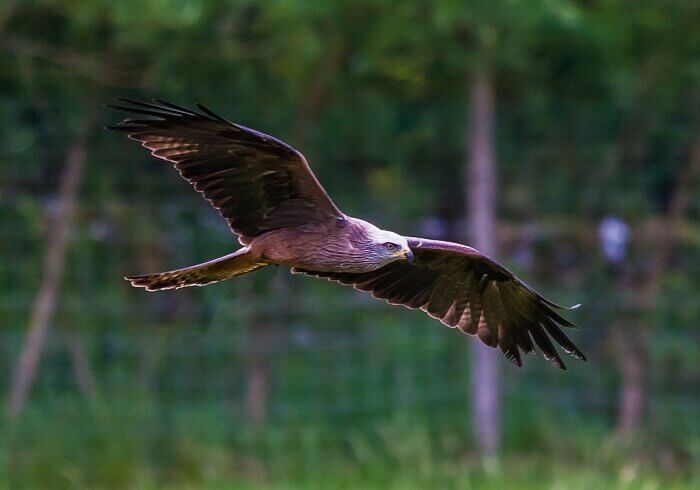
Kite
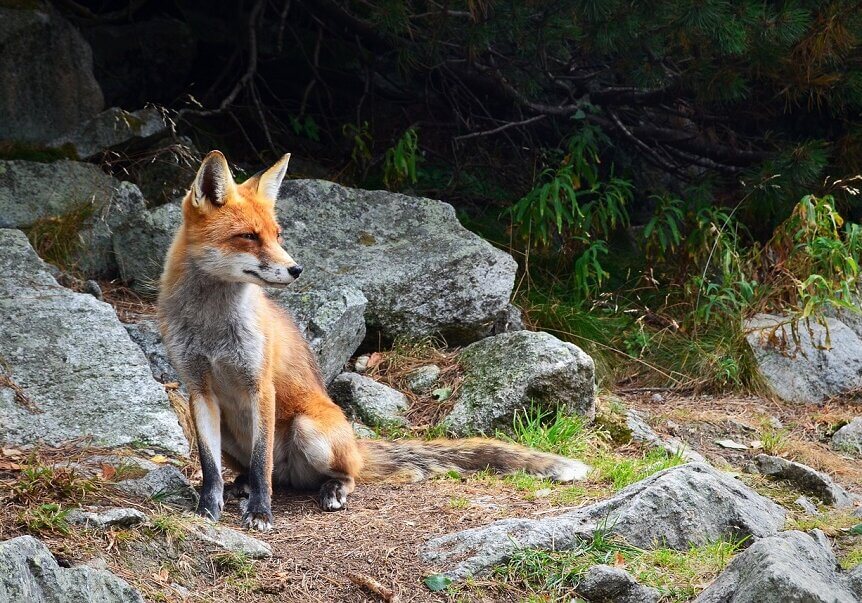
Fox
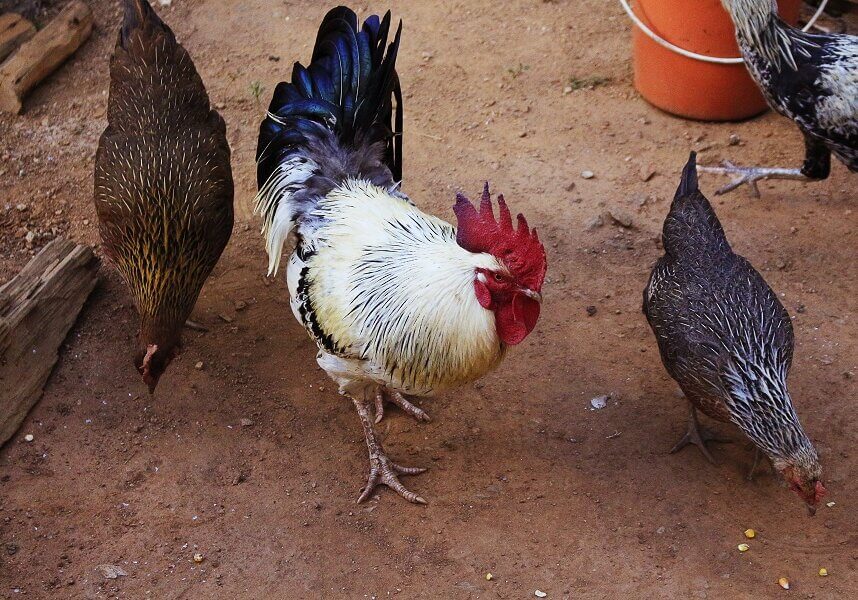
Domestic fowls
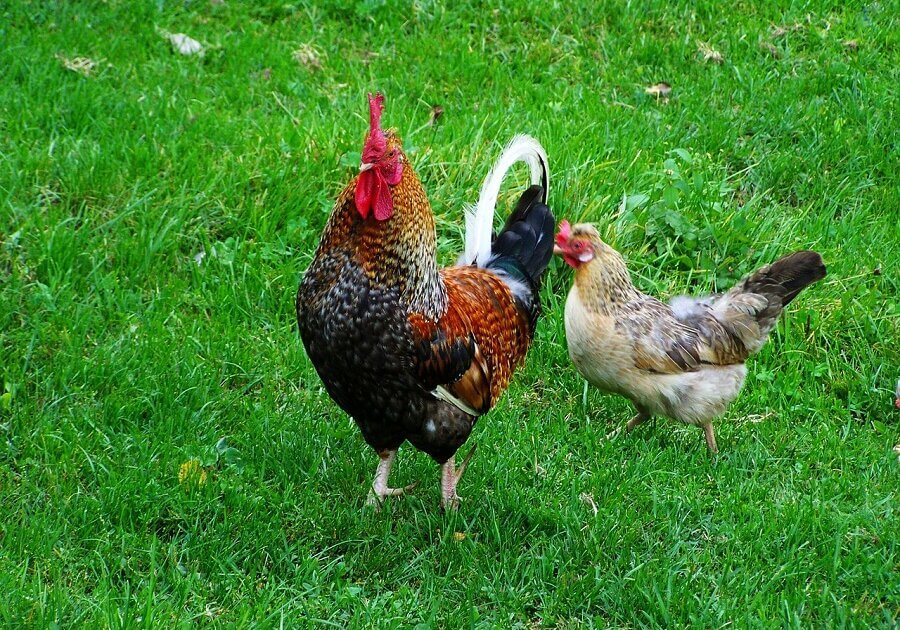
Cock and hen
In both instances, the other fowls react immediately, albeit in different ways, depending on whether the threat is from above or it is ground-based. The behavior of domestic fowls confirms that sounds birds make are understood and acted upon by other birds.
Recent posts
Sign up to receive our weekly articles in your inbox!
Enter your name and email address below to subscribe.
